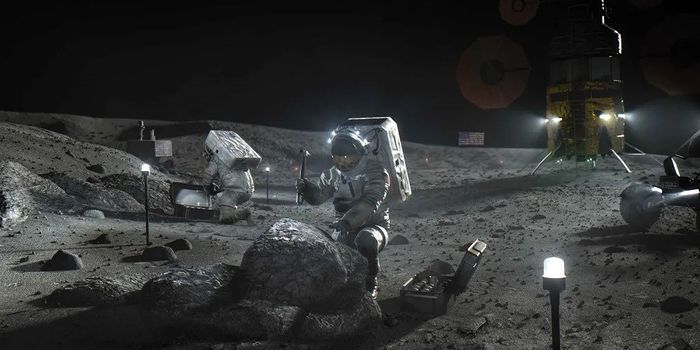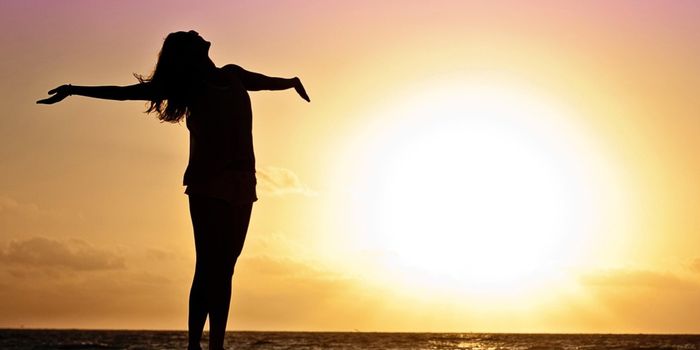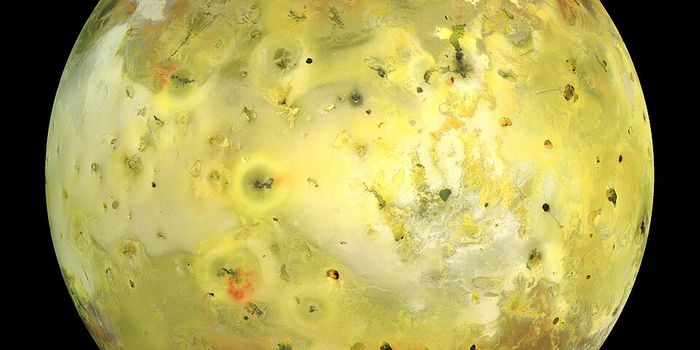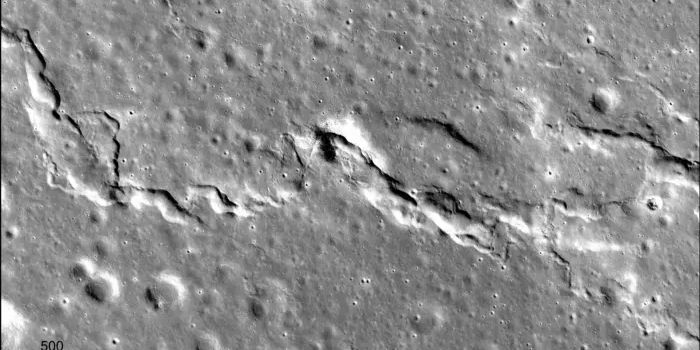Should we mine for renewable energies?
Deep-sea mining. Sounds like an extreme sport, doesn’t it? And it just might be the next extreme mineral extraction process that humans have embarked upon, yet the topic of deep-sea mining is controversial because so little is known about seafloors. Although of course environmentalists are weary of tearing up the bottom of the ocean, Cindy Van Dover, both a pilot and scientist for the submersible Alvin, says that it’s difficult to extrapolate limited knowledge of certain sections of the seafloor to the entire thing.
“We know if they mine in some places they’re just going to rip up the seafloor, so to some extent we know that there’s some habitat destruction going on,” but she says, “There’s lots of unknowns. There are organisms that have very long lives. There are organisms that have very rapid reproduction that might seem resilient, but they live at hydrothermal vents so they’re really only endemic to small patch, and they’ll have to go find another patch.”
So sounds like the best option would be waiting to mine the seafloor until we know more about the impacts such mining will have, right? Well, that’s until you consider the recent treasure trove of rare minerals like tellurium that a team of British scientists found in an underwater mountain called Tropic Seamount. About 300 miles from the Canary Islands, the mountain stands about 3,000m tall with a large plateau almost 1,000m below the ocean surface.
With robotic submarines as their eyes and hands, researchers from the UK's National Oceanography Centre (NOC) found samples that contain tellurium in concentrations 50,000 times higher than in deposits on land. Dr. Murton, the man in charge of the mission, calculated that the 2,670 tons of tellurium they think to be there represents one-twelfth of the world's total supply.
But most importantly is what this substance can be used for. Tellurium is used in a type of advanced solar panel, and Murton estimates that if the entire deposit could be extracted and used to make solar panels, it could meet 65% of the UK's electricity demand.
Which brings us back to the dilemma: to dig or not to dig. In regards to this, Murton says: "If we need green energy supplies, then we need the raw materials to make the devices that produce the energy so, yes, the raw materials have to come from somewhere.”
But do they have to come from under the sea where so little is known, and where the marine flora and fauna have no one to stick up for them? To understand more, we can look at the currents around the seamount to help determine the impact that mining the area would have on marine life. Dust plumes from mining would follow the ocean currents, affecting all life within their range.
Professor Andy Gooday from the NOC reports that the range of life in the sediments of the deep ocean can be compared with that of a tropical rainforest and that "life on the ocean floor is more dynamic" than anyone expected. Recently a study in the Clarion-Clipperton Zone (near Hawaii) discovered 34 new marine species living on the bottom of the sea. Many bottom-dwelling species are single-celled organisms called xenophyphores that other species higher up in the food chain depend on for survival. It is thought that xenophyphores could be greatly impacted by dust plumes that would result from deep-sea mining.
"If you eliminate these xenophyphores, which are very fragile and would certainly be destroyed by mining, it would destroy habitat structure for other organisms. It's difficult to predict and, like everything in the deep sea connected with the effects of mining, we need to learn more – we still know so little about what's going on down there," Gooday says.
That’s why it’s so important to put strong regulations in place to begin with. We need to be the strict parent who then has the possibility of easing up, not the other way around. “Once they begin, it’s going to be like deep sea fishing, where it’s really difficult to manage,” says Van Dover. “I feel like we have this opportunity right now to get the regulations right.”
Sources: BBC, Popular Science









